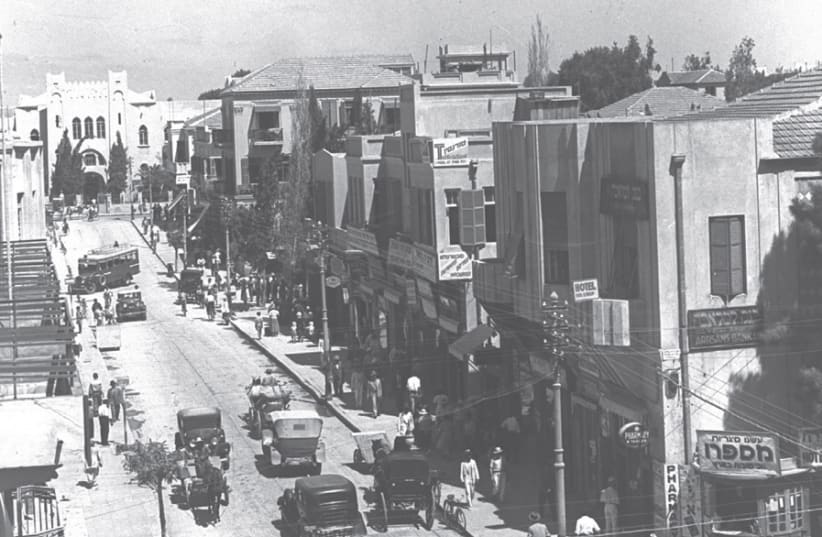Herzl’s ‘Altneuland’ can be used as a mirror to judge our society today
In an interview with the ‘Magazine’, historian Shlomo Avineri shares his thoughts on the significance of Herzl, the vision he articulated in his seminal work and how it is reflected in today's Israel
